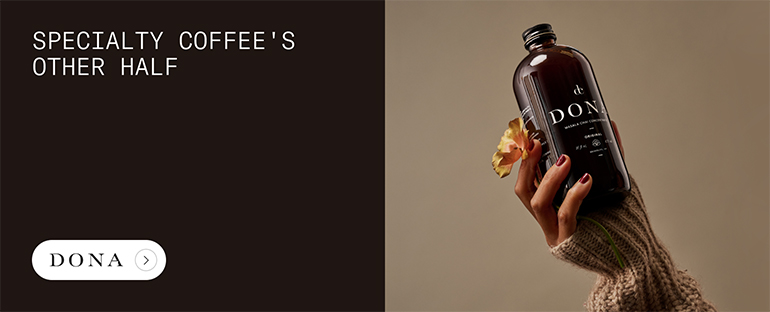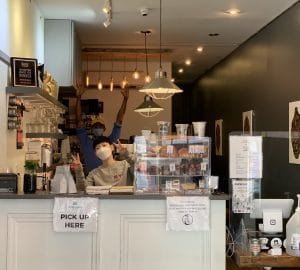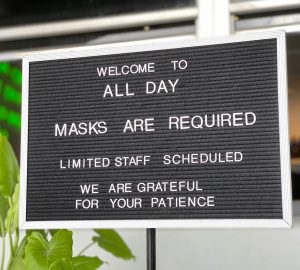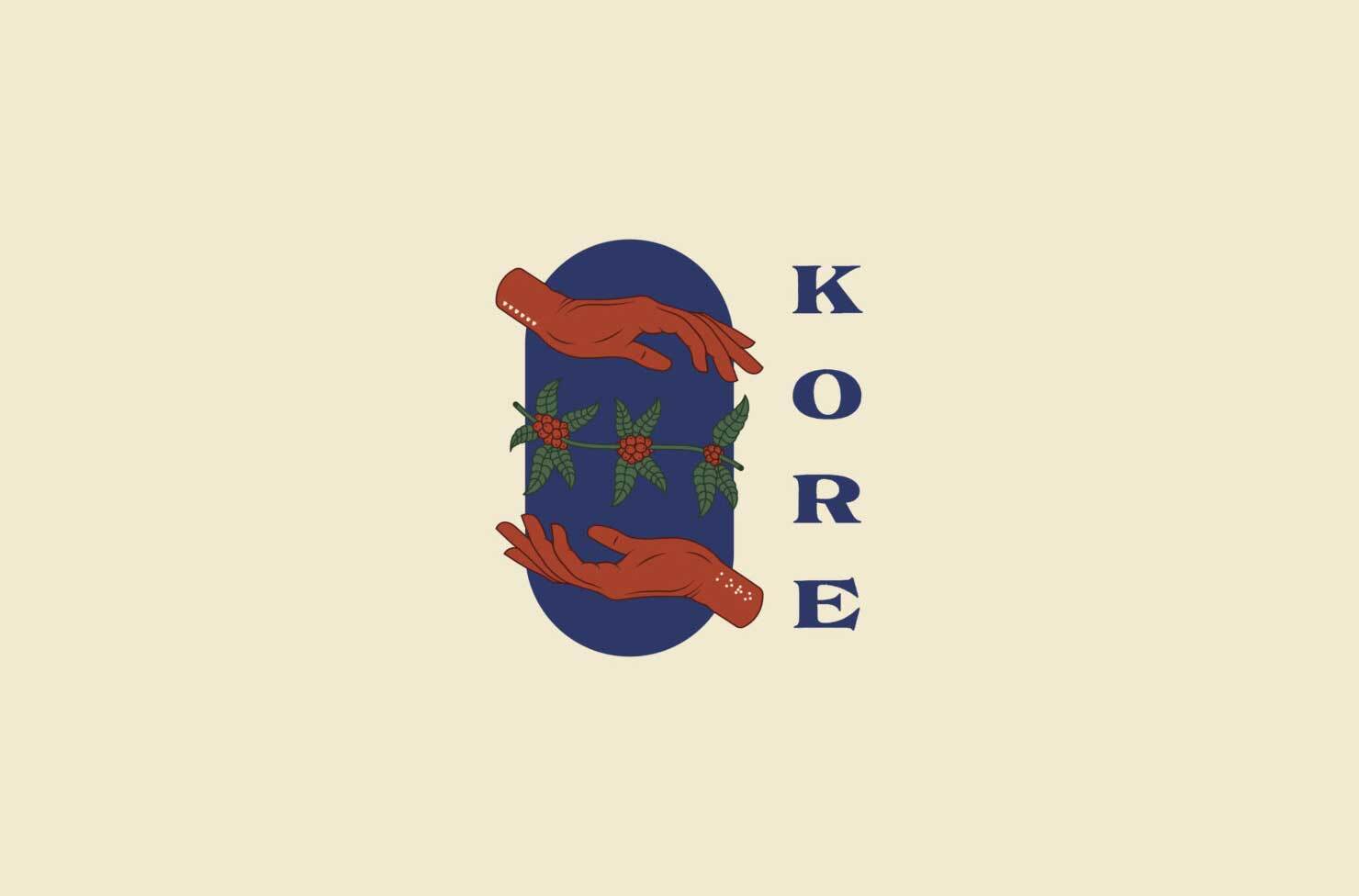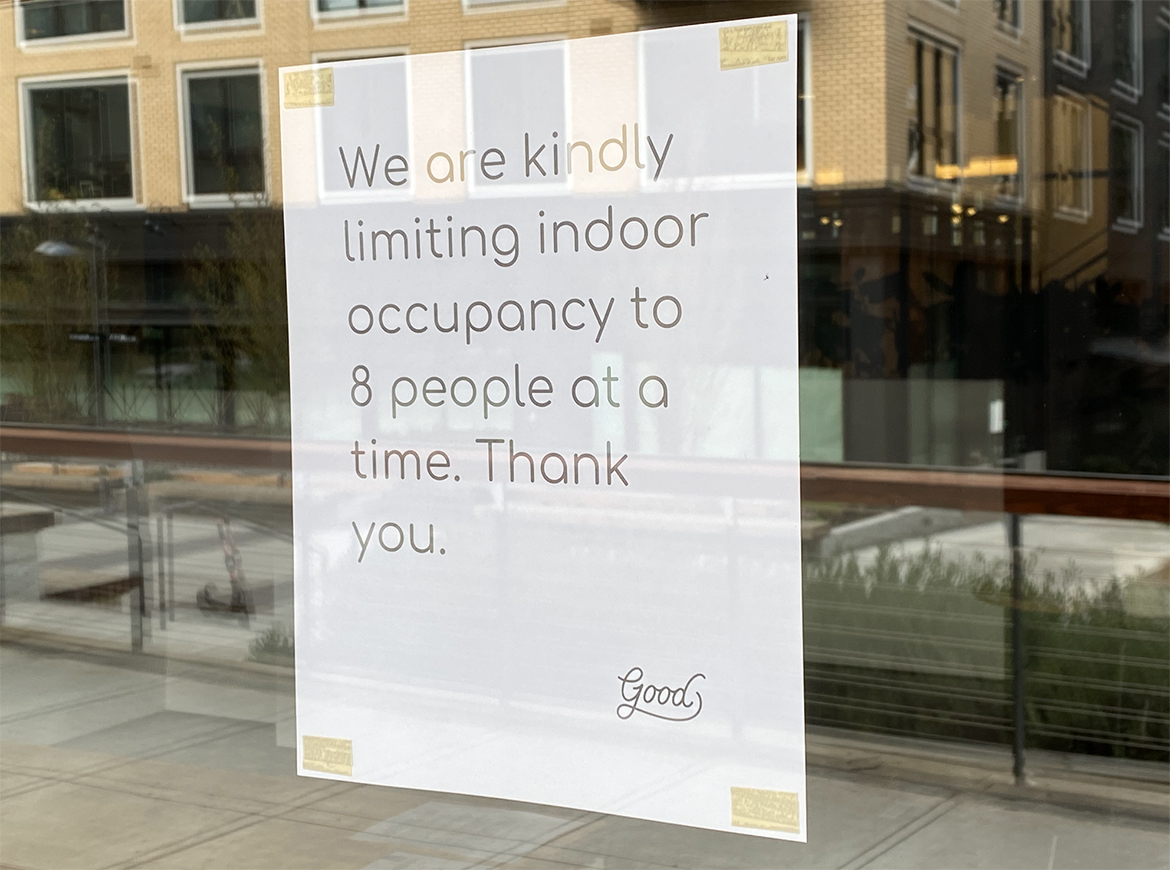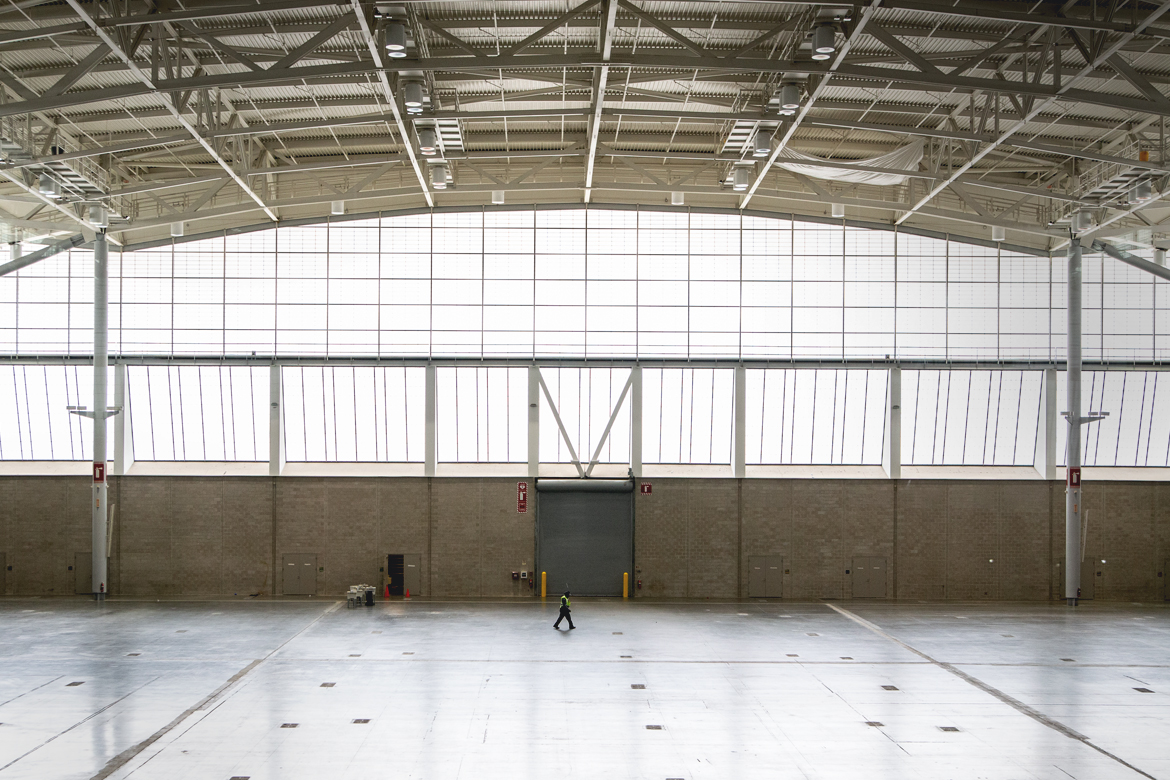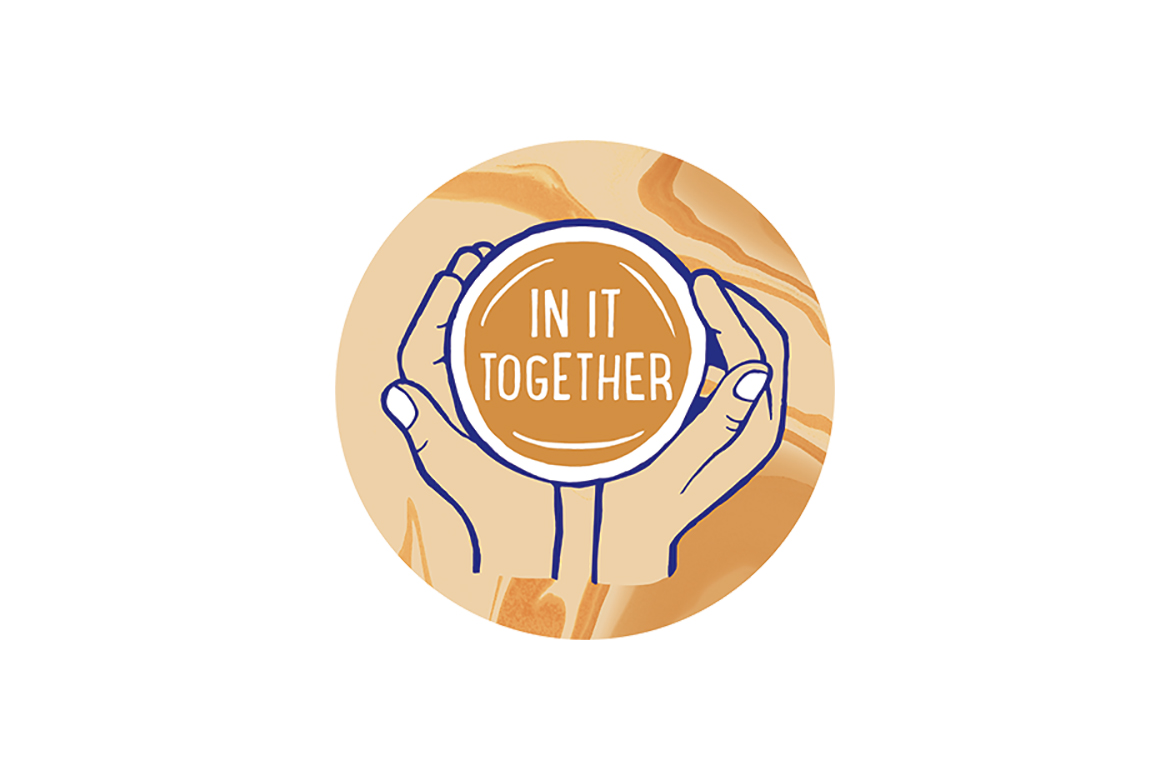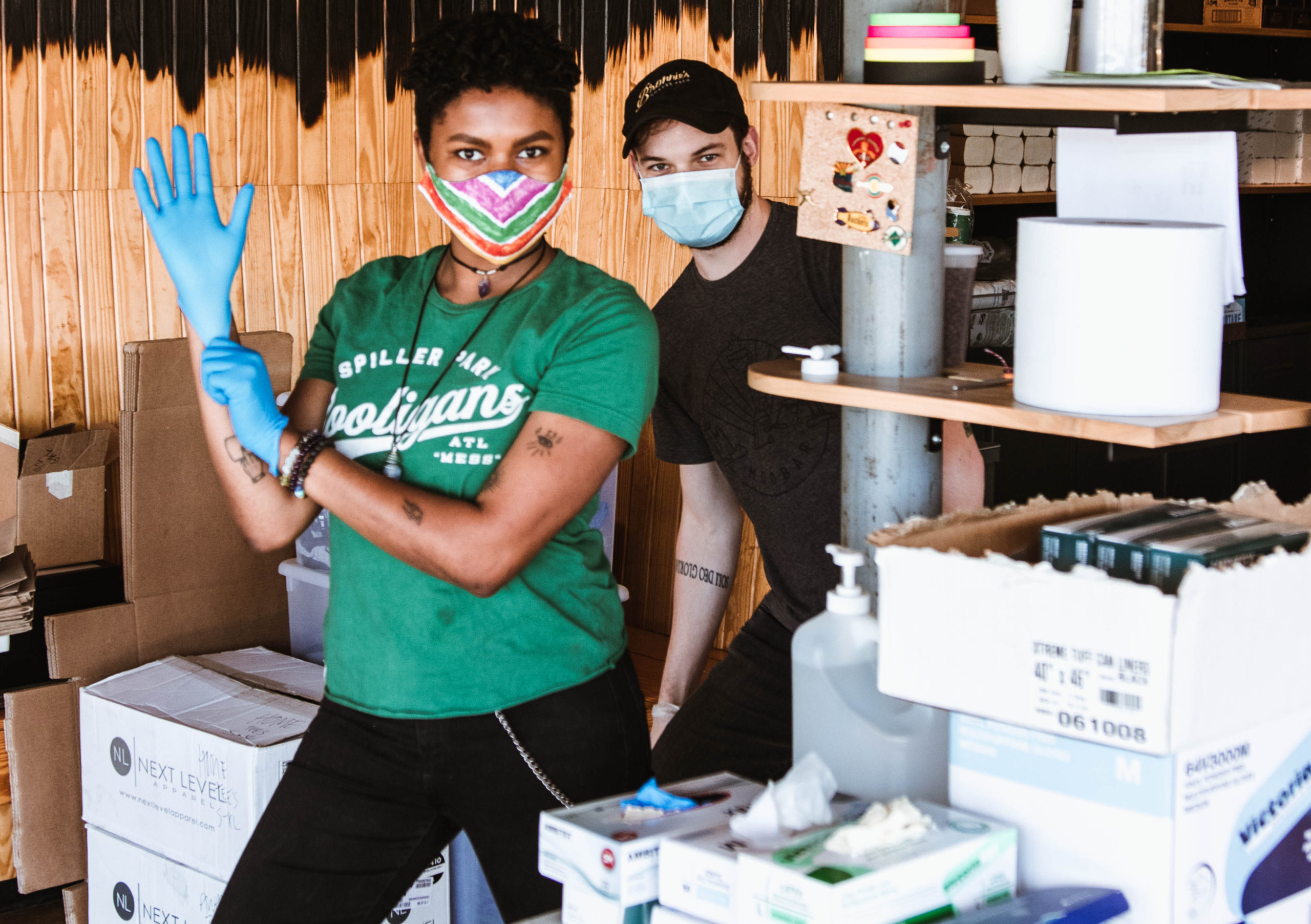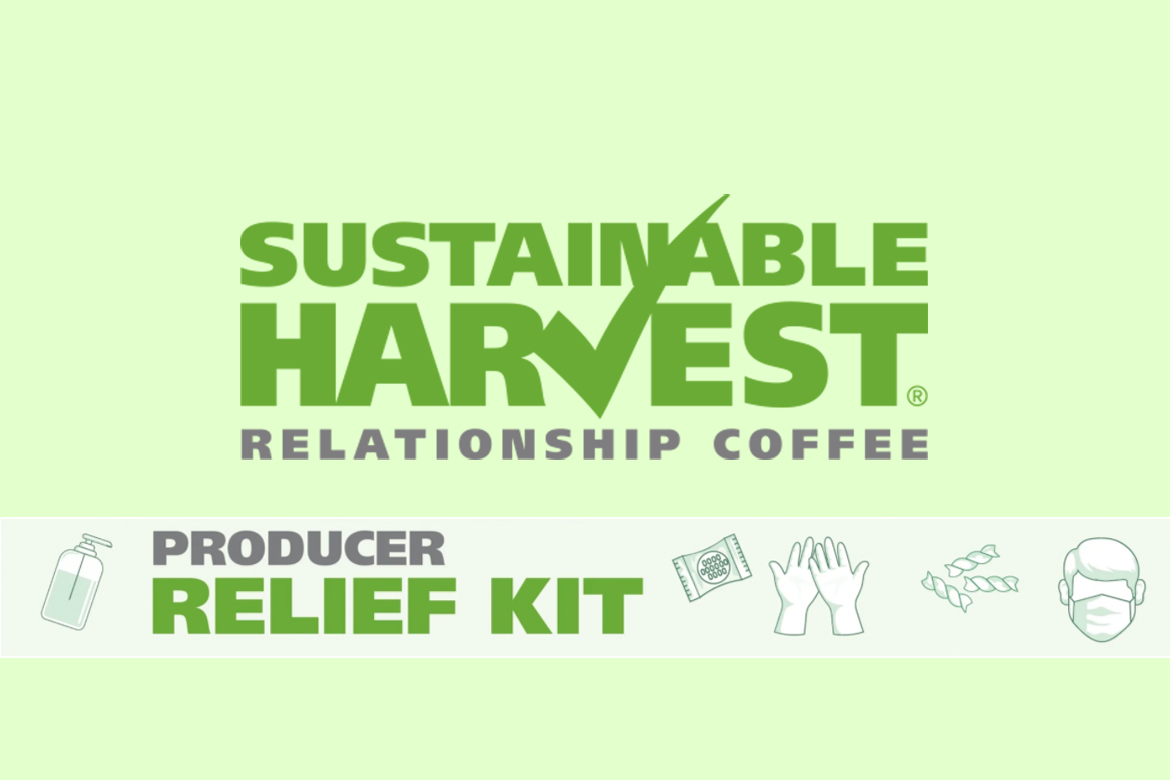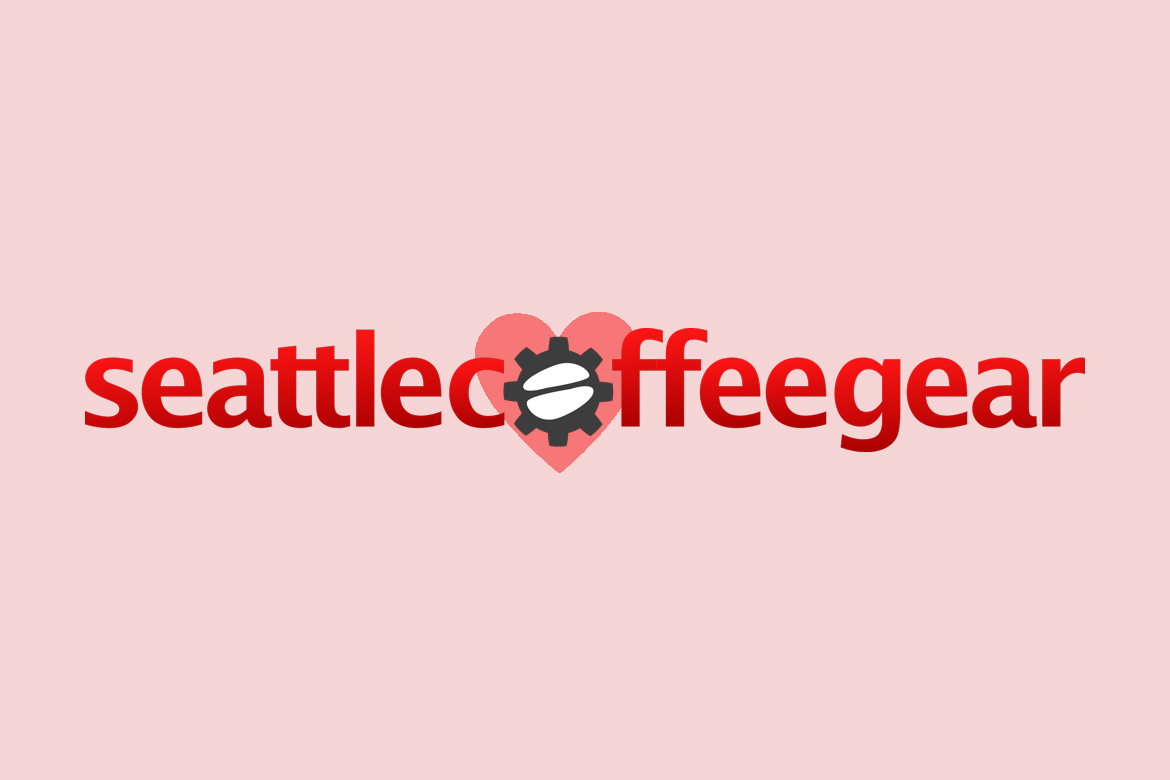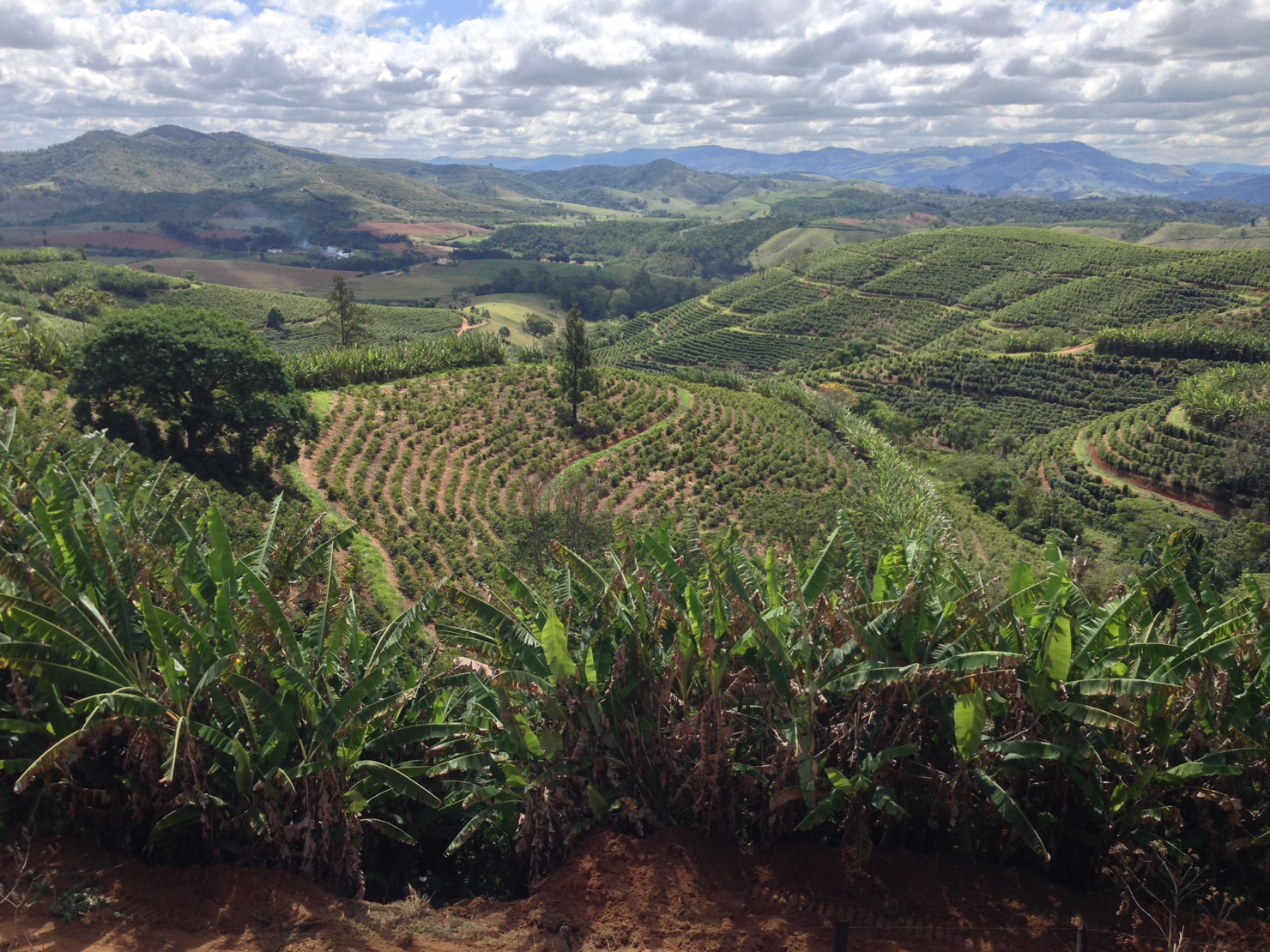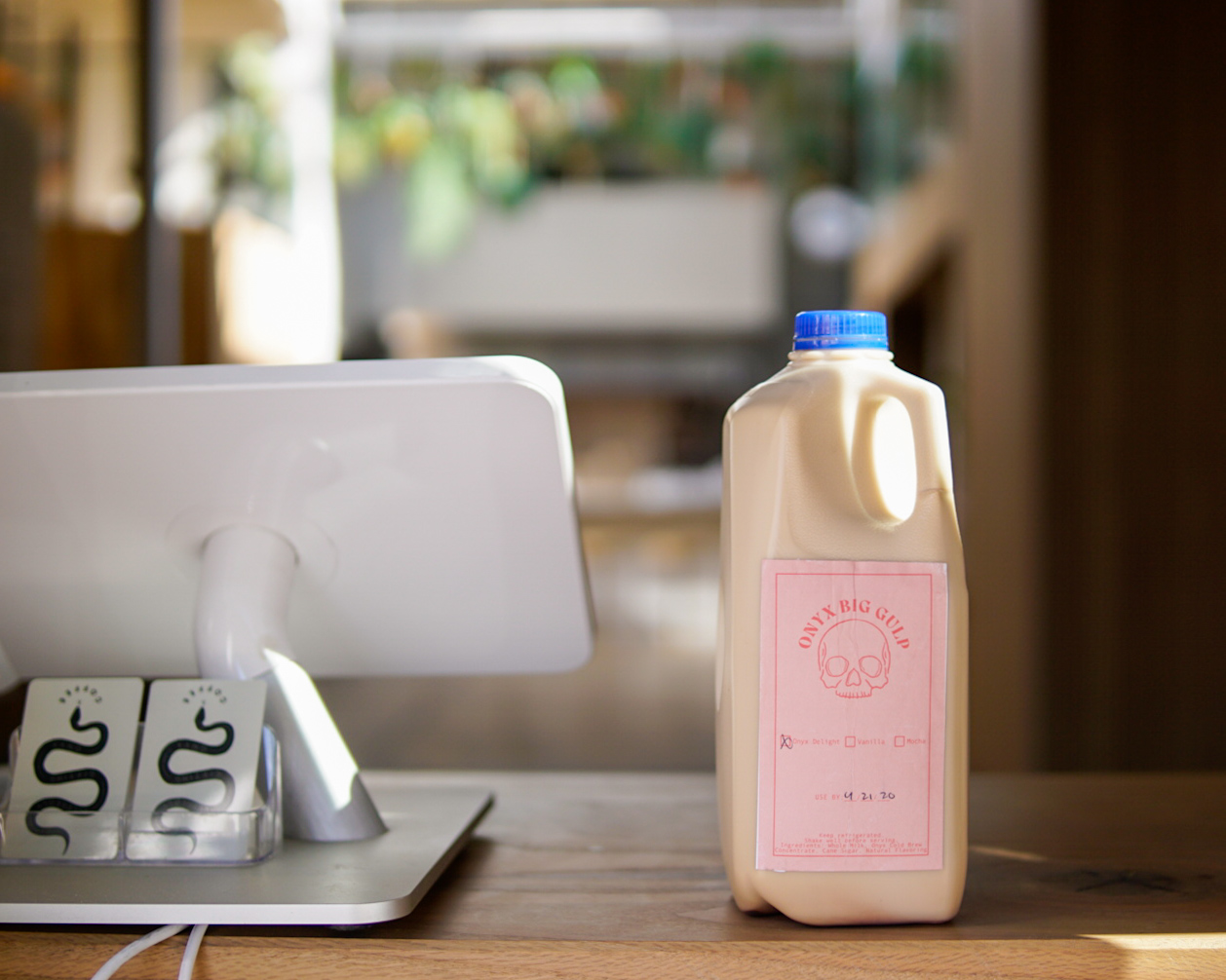
For the third and final of our latest series of reader polls on how COVID-19 is impacting the specialty coffee world—the first specifically for baristas and the second for the coffee consuming public—we ditched the more statistical approach in favor of in-depth individual answers. The results look a lot more like a survey than a poll—they are truly revealing, equal parts hopeful and gut-wrenching.
This survey was open to anyone whose employment pre-COVID fell within the coffee supply chain, anywhere in the world. To make sure the responses truly represented the global community, the survey was presented in a total of eight different languages: Arabic, Chinese, English, French, Italian, Korean, Portuguese, and Spanish.
The responses we received, nearly 170 in total, reflect both the transcontinental nature of coffee, the chain of hands that take a tiny ripe little cherry from oceans away and turn it into the beverage in your cup. Representing a total of 30 countries across six continents, we received thoughtful answers from producers, exporters, importers, green buyers, roasters, cafe owners, and baristas. Over the course of three rather open prompts, we wanted to find out, generally, how COVID-19 has changed life for those who make their lives in and around coffee.
We are reprinting a selection of those responses in full below. All answers were given anonymously. We have included each respondent’s country of residence and job title for context.
Some answers have been lightly edited and condensed for clarity.
How has the pandemic impacted your workplace?
All of us are doing our best and working from home; only key production personnel are authorized to be at the roastery to prepare wholesale orders or quantities for our coffee shops’ consumption.
— Commercial Manager at a cafe/roastery, Bahrain
We had to shut down our shop in high season two weeks ago. No seating, no terrace, and kitchen closed. We opened a kiosk the next day selling coffee beans and take-away coffee. We keep a high safety standard for customers and staff to create a secure environment. Fortunately one of our regulars runs a drug store and provides us with disinfectant and masks. Everything seems to be unreal in our good old shop but our customers really appreciate what we do. All catering and coffee courses are canceled until December.
— Cafe/roastery owner, Germany
The impact is still unfolding. Uganda has introduced a number of lock-down measures that are already impacting the poorest of the poor, the people with whom we work. Movements have been stopped, public and private transport cancelled. The motorbike riders are out of work, people in the villages where we work can’t get to health centers for safe delivery of babies, treatment of other illnesses. Although exports of goods are still permitted (and we still have committed customers at the moment in the US/UK/Korea for which we are so thankful), processing factories—mills, warehouses, etc—are heavily restricted. This is already leading to delays to orders. We hope it doesn’t lead to cancellations.
As a project we’ve always committed to pay our farmers cash on delivery, so we’re grateful that all our payments on the mountain are cleared. Our farmers and workers have all been paid for the season. However, as a project we absolutely now rely on our buyers coming through so that we can receive payments for the coffee and clear our business loans… We’re really hoping that we can get our orders out, that we can agree terms with our buyers that help them out, which allow us to support our farmers at a time when they need us most.
— Director of a Producer Organization, Uganda
In New Zealand, all cafes, restaurants, retail shops, etc. are completely closed. We are primarily a wholesale coffee supplier direct to cafes, we don’t supply mainstream supermarkets, only a few boutiques. We do have a web store for direct to consumer sales but the lockdown restrictions stopped us from offering coffee online too, as roasters were only able to continue supply to essential supermarkets, not to home drinkers. Thankfully the online sales restriction was lifted after 9 days of shutdown, so we at least have that now. But volume wise, we are doing 90-95% less than we usually do, as almost our entire customer base is closed down. The lockdown is scheduled for 4 weeks, depending on the situation it may get extended. Even when it is lifted we will likely have a period of non-essential closures, takeaway only etc. Our borders will probably remain closed or essentially closed for months to come meaning next to no tourism (a huge industry in our country) so less coffee drinkers around in general. And it is likely that a lot of our wholesale customers may not reopen after this.
For what it’s worth I am completely supportive of the shutdown and after 12 days it appears to be effective, the curve is flattening. But it undoubtedly has a heavy impact on hospitality that will be hard to recover from.
My workplace as a result of the pandemic has introduced distancing practices in and stepped up general hygiene. Anyone who can work at home, is. As a result of the low sales volumes and general slow down of work, a lot of my colleagues have been placed on discretionary leave, being paid the minimum government subsidy until nationally we return to “alert level 2” (there’s a 4 step alert system, we’re in level 4 now). Nobody has been laid off, yet.
— Head Roaster, New Zealand
Minimally. Panama is in total lockdown, agriculture exempted. Most of our coffee is sold to Asia, who continues to buy. Main problem is shipping logistics, especially via air.
— Producer/exporter, Panama
In Jakarta, our government has not required us to do a complete lockdown. We are still allowed to operate but we only have one location purely for takeaways. We used to have three stores. Sales have dropped around 80% and it’s tough. We have put some of our recent hires on unpaid leave… hoping this will end soon.
— Cafe owner, Indonesia
How has the pandemic impacted your job?
I’ve personally accepted more responsibility, since we’re down to a skeleton crew and the acting manager isn’t setting foot in the cafe because he doesn’t have insurance and he’s scared. Most days are either really busy or dead in the water. The days that we’re busy I make astoundingly good tips. Every day I wonder if it will be the last before the government shuts all of the restaurants down.
— Barista/manager, United States
As a founder you wear all the hats in the business anyway so day to day hasn’t changed too much except now absolutely everything is done from my laptop except for packing all the online orders.
— Founder of a cold brew coffee company, United Kingdom
For many small exporters, to finance one container requires quite a bit of financial muscle, not to mention the hefty interest rates from banks and/or private lenders. Because of the world-wide stay-at-home effort, roasters aren’t stocking up on green because of the uncertainty and consumers aren’t going out to coffee shops and restaurants to drink their coffee, which is reducing consumption. Once the consumer stops spending, the roaster slows down production, the importer starts sitting on green, and well, the exporter has to scramble to find a quick solution to stay afloat and continue to carry the loans until payment can be made from the importer/roaster. By holding up cash-flow, exporters will not be able to purchase as much coffee as projected, affecting the farmer who will have to sell to the co-op and be subject to the market price. The reduction in demand that is expected for 2nd and 3rd quarters will also have an affect on the quantity of coffee being purchased at specialty prices.
There is also a worry of a shortage of pickers for this harvest season for two reasons; pickers don’t want to leave home and risk getting infected while away from home and two, local governments don’t want pickers from other regions coming in to their regions potentially carrying the virus. This has prompted some local governments to start campaigns to hire locals to pick coffee, offering guaranteed medical coverage against the virus and other subsidies.
— Importer/exporter, Colombia
Our management made the right decision to close the coffee house completely, and not work “to-go”, because even the slightest risk is a risk for all of us.
— Barista, Russia
Sales have dropped a lot. Also forecasting has stopped as no roaster wants to take a long term guess. This is impacting how we can forecast purchases at origin as well.
— Green coffee buyer, Australia
It’s gone for now! I’ve worked in the coffee industry since I was 18, I’m 25 now. It’s been my career aspiration to work in a coffee roastery. Eight months into my dream job and it’s been snatched away from me. I was also training for the Brewers cup, hours of training put in with a coffee that won’t make it to the national stage.
— Production assistant/account manager, Ireland
What’s your life like right now?
I’m enjoying myself at home, trying to work on creative projects, suddenly needing to buy way more whole bean than I normally would. I visited my store yesterday to say hello to everyone, and I’m glad I’m not working through this time. The job right now simply isn’t what I was hired for, or what I had hired staff for, and although I know regulars keep showing up and the working staff are nothing but positive, I know I couldn’t suspend my fear and completely alter our operations without having an eventual breakdown. Sometimes I worry that I made the wrong choice, that I turned my back on a great company and wonderful coworkers, but this is far bigger than me, than any of us individually, and I have to remind myself that despite the uncertainty, staying home is the likely the best thing I can do for everyone in my community.
— Barista/manager, Canada
Working from home and waiting for funding from the government so that I won’t have to shut down altogether.
— Cafe owner, Brazil
It is better but still we hope that we will overcome it soon because still we are making just 50% of our regular numbers.
— Cafe owner, Czech Republic
My wife and I run our cafe, where we have around 11 employees. The future is just uncertain. We were one of the first coffee roasters in Kazakhstan, and we have been here for the past eight years watching the culture grow. And now I’m scared we will have to start all over.
— Cafe/roastery owner, Kazakhstan
My life is very precarious. I have expenses without any return. I am limited in practicing my profession, if not for video lessons to keep in touch with the community. How it will return to normal is my doubt. Our profession is at risk.
— Barista, Italy
Filled with anxiety of no income but relaxing spending time with loved ones at home.
— Head of coffee, South Africa
My life is a series of zoom calls, FaceTime, daily anxiety, and planning my alternate idea of a career that doesn’t rely on the global economy. I’ve been knitting a lot and filming crafting videos.
— Roasting operations manager, United Kingdom
Boring and stressful.
— Cafe owner, Trinidad
I filed for unemployment but with little clarity as to what the stimulus package is actually sending, my partner (also a barista) and I are making about a third of our wages from unemployment leaving our livelihood up in the air with rent and other bills still coming. We are also losing our health insurance through our full-time jobs.
— Barista, United States
Additional Reporting
Poll results: Coffee consumption
All COVID-19 coverage on Sprudge.
Zac Cadwalader is the managing editor at Sprudge Media Network and a staff writer based in Dallas. Read more Zac Cadwalader on Sprudge.













